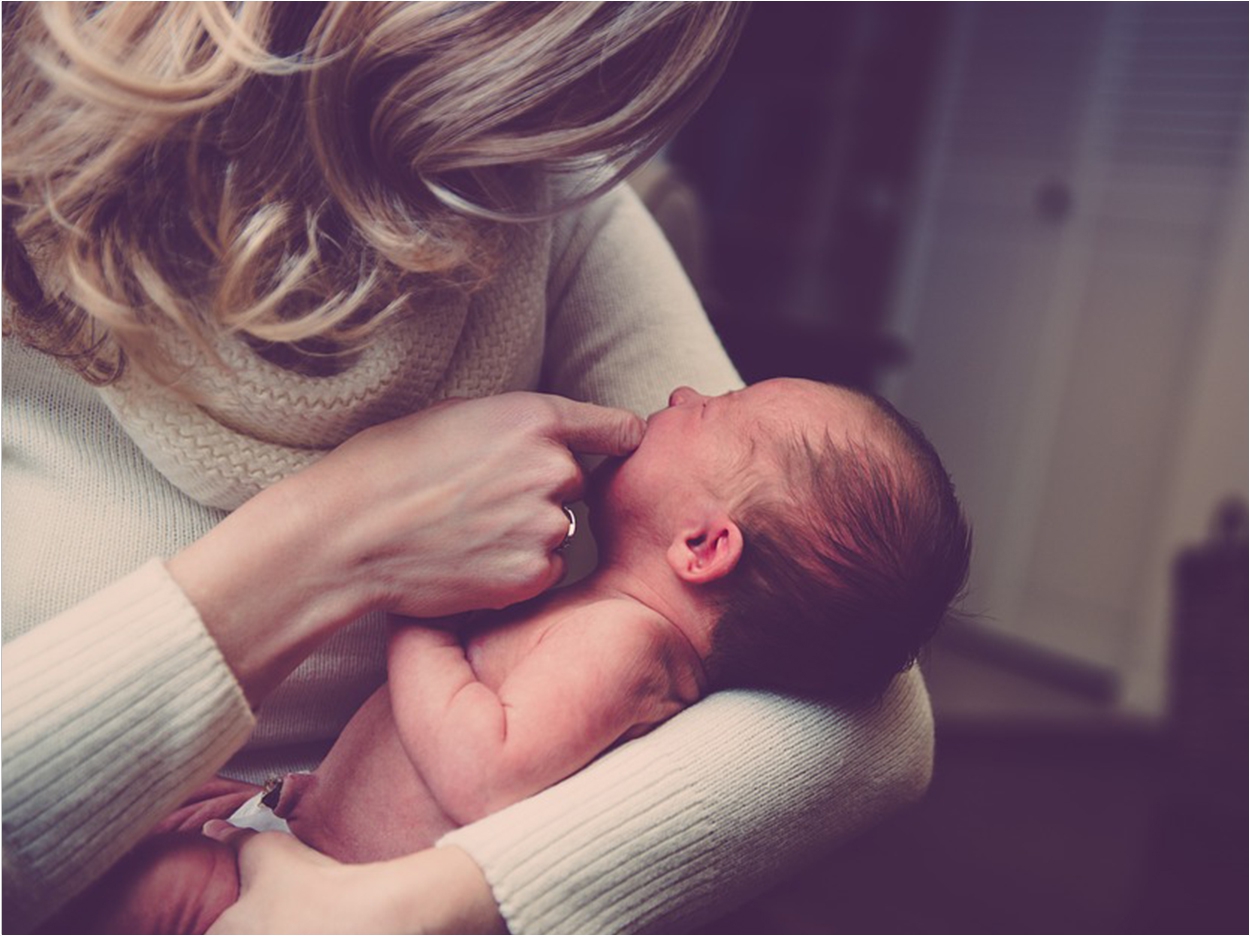
Adults with periodontitis transmit bacteria that can cause the disease in the future to their children, and the bacteria remain in the oral cavity even when the children undergo various kinds of treatment, reinforcing the need for preventive care in the first year of a baby’s life, according to researchers at the University of Campinas (UNICAMP) in Brazil.
The parents’ oral microbiome is a determinant of the subgingival microbial colonization of their children, the researchers said. Also, the dysbiotic microbiota acquired by children of periodontitis patients at an early age are resilient to shift, and the community structure is maintained even after controlling for hygiene status, the researchers said.
The researchers have been investigating periodontitis for 10 years, observing parents with the disease and its impact on their children’s health.
“If the findings are applied to day to day dental practice, the study can be said to help design more direct approaches,” said first author and dental surgeon Mabelle de Freitas Monteiro. “Knowing that periodontal disease may affect the patient’s family is an incentive to use preventive treatment, seek early diagnosis, and mitigate complications.”
Parents should start caring for the health of their children’s gums when they are infants, said Renato Corrêa Viana Casarin, a professor at UNICAMP’s Piracicaba Dental School (FOP) and last author of the article.
“This pioneering study compares parents with and without periodontitis. In children of the former, we found subgingival bacterial colonization at a very early age. However, inheriting the problem doesn’t mean a child is fated to develop the disease in adulthood. Hence the importance of keeping an eye open for the smallest signs and seeking specialized help,” said Casarin.
Data on the Brazilian population’s oral health is scarce, the researchers said. According to the last national dental epidemiological survey, conducted by the Ministry of Health in 2010, 18% of 12-year-old children had never been to the dentist, and 11.7% had experienced bleeding of the gums. In the 15- to 19-year-old age group, 13.6% had never visited a dental clinic.
Another survey was scheduled for 2020 but had to be postponed due to the COVID-19 pandemic.
The São Paulo State Department of Health published the findings of its latest oral health survey in 2019, showing that 50.5% of adults between the ages of 35 and 44 complained of toothache, bleeding gums, and periodontitis.
In the UNICAMP-FOP study, the researchers collected samples of subgingival biofilm and plaque from 18 adults with a history of generalized aggressive (grade C) periodontitis, their children between the ages of 6 and 12, and 18 orally healthy adults.
In addition to clinical analysis, the samples also were subjected to a microbiological analysis and genetic sequencing by researchers at Ohio State University. Even in the absence of periodontitis, the researchers said, children of parents with periodontitis were preferentially colonized by:
- Filifactor alocis
- Porphyromonas gingivalis
- Aggregatibacter actinomycetemcomitans
- Streptococcus parasanguinis
- Fusobacterium nucleatum
- Several species belonging to the genus Selenomonas
Despite bacterial plaque control and vigorous brushing, Casarin said, the children of people with periodontitis still had the bacteria in their mouths, whereas the effects of dental hygiene and prophylaxis were more significant in the children of healthy subjects.
“Because the parents had periodontitis, their children assumed this community with disease characteristics. They carried the bacterial information into their adult lives,” Casarin said, adding that the analysis of bacterial colonization pointed to a greater likelihood of transmission by the mother.
The researchers now will work with pregnant women to break the cycle by preventing bacterial colonization of their children’s mouths.
“We’ll treat the mothers during pregnancy, before the babies are born, and try to find out if it’s possible to prevent bacterial colonization from occurring,” Casarin said, noting that studies with patients will proceed only when control of the pandemic permits.
The study, “Parents With Periodontitis Impact the Subgingival Colonization of Their Offspring,” was published by Scientific Reports.
Related Articles
Exercise Improves the Oral Microbiome
Gum Bacteria Imbalance Linked to Alzheimer’s Disease Biomarker
Periodontitis Increases Risk of Bacteria in Donated Blood












